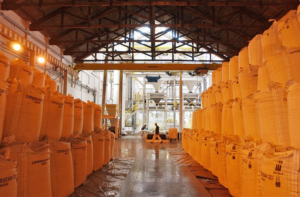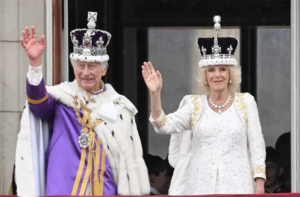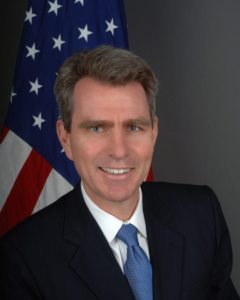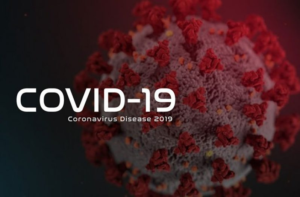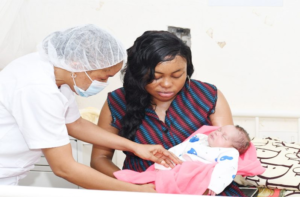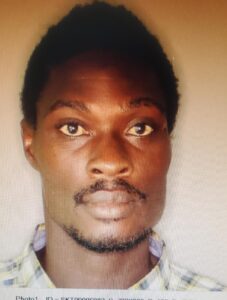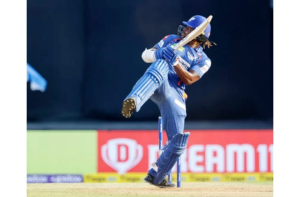Dr Natta uses father’s death from kidney cancer as motivation
KIDNEY CANCER KILLED (Mr. Marcus Natta Seior) father of Cabinet Secretary, Dr Marcus Natta Junior.
He was only 46.
Marcus was a tender 12.
From then, the pre-teen desperately longed for a cure to beat the dreaded killer disease. Thus began his perennial involvement in volunteerism.
“It started with my father passing from kidney cancer at 46, and I wanted to get involved,” Dr Natta recalled.
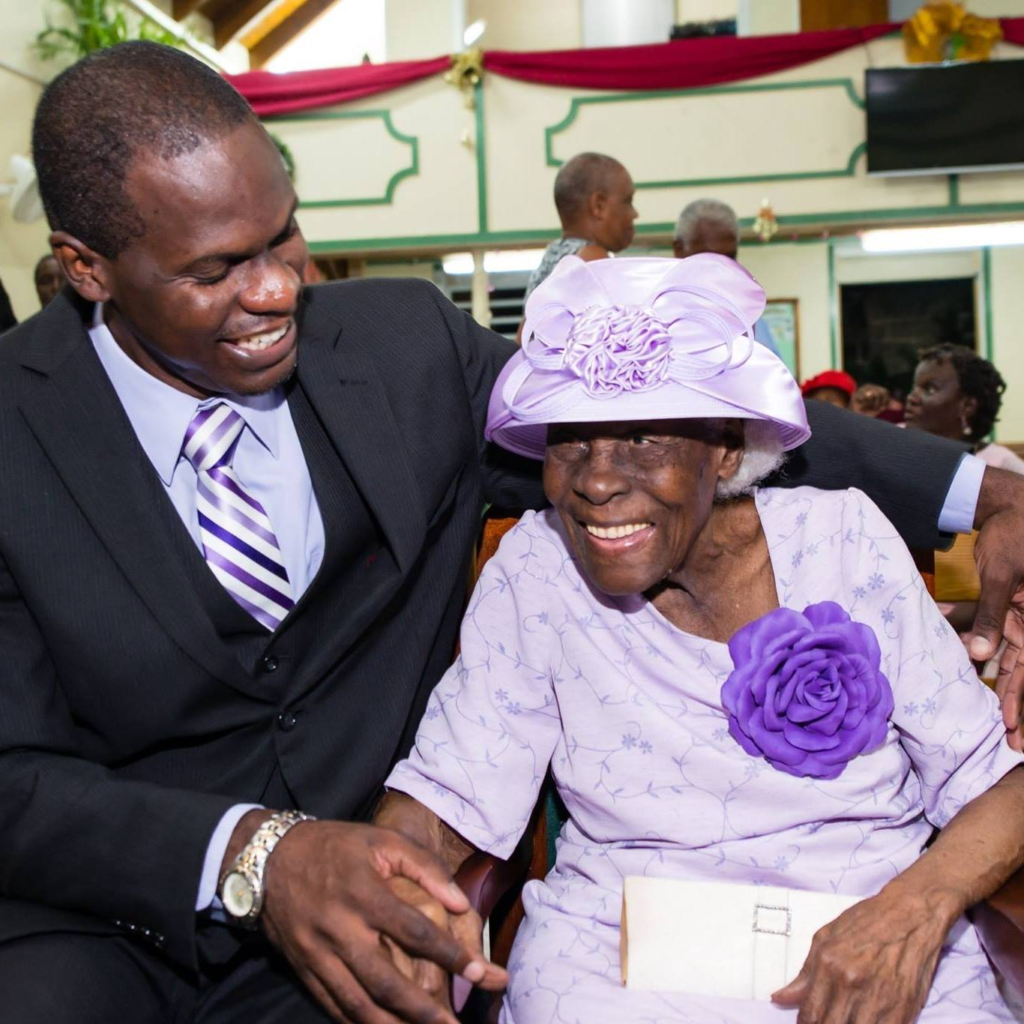
At first, “I wanted to be a medical doctor and was determined to find a cure for this thing (cancer), but as you matriculate through school you find other loves,” Dr. Natta said in an exclusive with ‘SKN News Source’.
He would finally settle on a career in the engineering field though. However, the cure for cancer never departed.
“Though I have my PhD in Chemical engineering, I actually did some work with some colleagues at Harvard University in some novels radiation techniques and (hope) we may see some things coming out from that,” Natta explained in the recent interview.
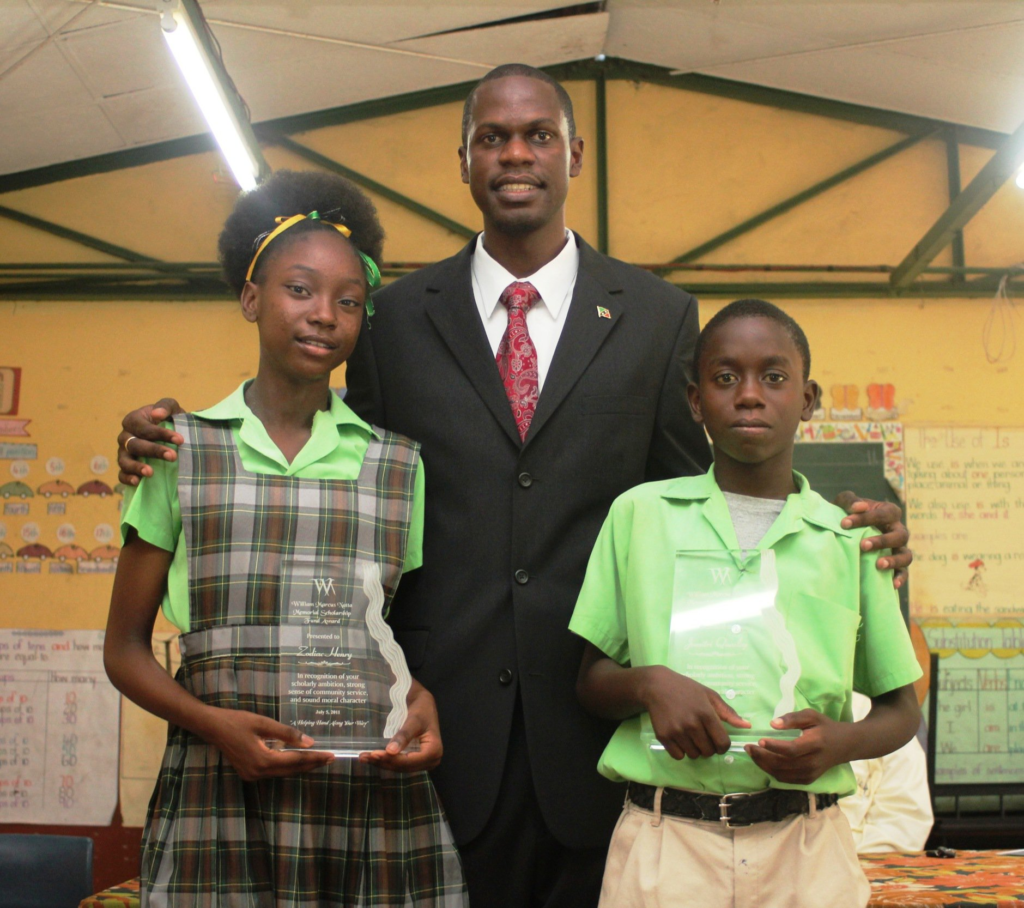
When he returned to Basseterre from his graduate studies (in …) there was an existing group involved with breast cancer patients “so I said I have to get involved helping in some way or the other. Eventually I joined,” Dr Natta recalled.
Thus commenced his role with the ‘Essence of Hope Cancer Foundation’.
His zeal has been unquenchable to alert males in the twin-island St Kitts and Nevis about the danger they faced from this dreaded disease.
One is not surprised that his now-deceased father is the alpha and continued inspiration behind his cancer fight.
Today, Dr Natta is the Vice President and Public Relations Officer (PRO) for the ‘Essence of Hope Cancer Foundation’.

“I am one of two other men involved in the foundation’s work, and coincidentally we have actually helped several men…who had breast cancer. We have been able to alert other men that males do actually have breast cancer (although) it is rare,” Dr Natta counselled.
More Kittitians and Nevisians must get involved in broader national (and regional?) fight against cancers, Dr Natta emphasised.
“At the foundation we assist anyone with oral cancer, liver cancer (or) lung cancer. We don’t turn anyone away (even though) the impetus for it was breast cancer.”
A 2016 Caribbean Public Health Agency (CARPHA) study concluded that prostate cancer, a common cause of demise among the region’s male population, accounted for 18-47 percent of cancer deaths. Lung cancer accounted for between 5 to 24 percent “and was the second highest cause of cancer deaths among males,” CARPHA said.
The leading regional health body said in its 2016 findings that “breast cancer, the main cause of cancer death among females accounted for 14-30 percent of cancer deaths; and are up to two times higher compared to the USA.”.
CARPHA noted: “The large number of deaths from these types of cancers is very alarming since they are mostly preventable. Breast cancer can be detected early and treated successfully. Cervical cancer is perhaps the most preventable through education, vaccination against the human papilloma virus (HPV), screening, early detection and treatment,” said Dr James Hospedales, the then Executive Director of the regional body.
Since back then the public health body was advising that the leading causes of deaths from cancers can be reduced in the Caribbean through prevention, screening, early detection, and effective treatment for cervical, breast and colorectal cancers.
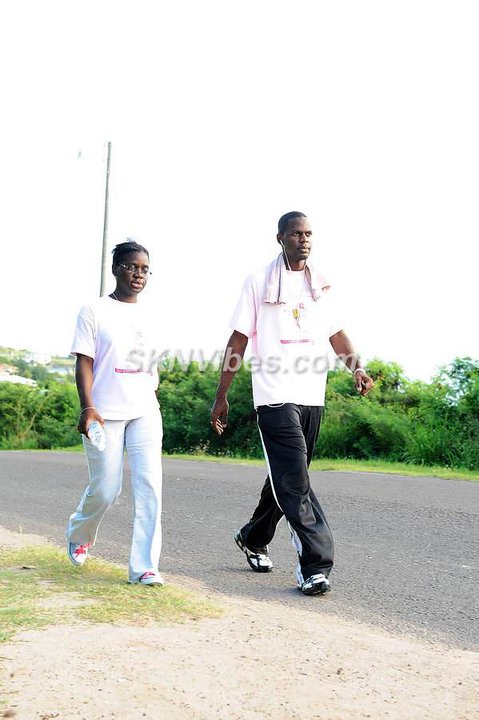
“Research has shown that adopting healthy lifestyle choices can contribute to the reduction of cancer cases, and as a consequence, deaths and costs from the disease in our Region,” Dr Hospedales had advised more than six years ago.
He said preventive measures must include “avoiding use of tobacco, limiting alcohol use, eating a diet rich in fruits and vegetables, keeping a healthy weight, and being physically active.”
The ‘LANCET’ in a June 2022 study published online noted: “An estimated total of 1.5 million new cancer cases and 700,000 deaths occur annually in LAC (Latin America and Caribbean countries), with corresponding incidence and mortality rates of 186.5 and 86.6 per 100,000.”
“The most common cancers in 2020 were prostate (15%), breast (14%), colorectal (9%), lung (7%) and stomach (5%). Lung cancer remained the leading cause of cancer death (12%), though rates varied substantially between countries,” it said on its website.
“The mortality trends of infectious-related cancers tended to decline in most countries, while rates of cancer types linked to westernization were mainly increasing. Assuming rates remain unchanged, the cancer burden in LAC will increase by 67% reaching 2.4 million new cases annually by 2040,” according to the Lancet’s findings.
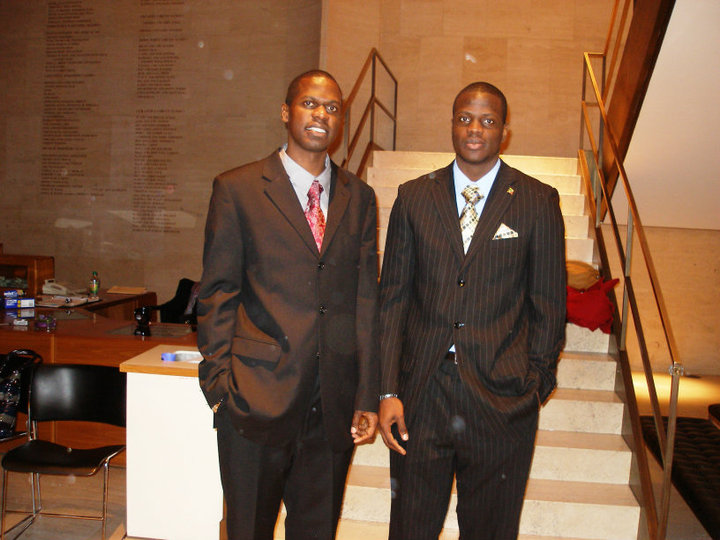
Dr Natta told ‘SKN News Source’ he wants a cancer registry established and its statistics made publicly available in Basseterre.
“That is something that our foundation is working on getting done. We are working on getting that cancer registry. What you have happening is that the main hospital may have figures, individual doctors may have figures, but there is an oncology unit started some years ago and they are trying to get better with the data in that regard. But I don’t think there is a full picture because I don’t think all the doctors are sharing information and everything going into one clearing house in a way so we can gather that information” Natta noted.
Citizens and residents should begin paying more attention to the signs and symptoms of cancers, Natta advised “because the cause of these cancers is still very difficult,” to diagnose.
“I mean if you are a smoker, we know that you are at a high risk of getting lung or oral cancer, but there are hereditary issues; there are environmental issues if you are exposed to… inhaling the smoke, all of these things can harm you,” he reminded.
“You should know your body. If you are showering and you feel a lump anywhere that seems off, you just get a check. There are checks for prostate cancer,” he reminded men.
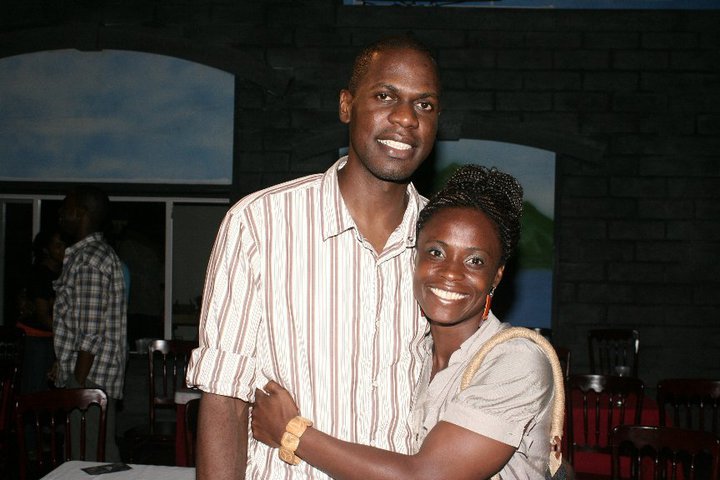
“Men over 30 should do annual checks (for prostate cancer). We advise women from age 40 to do their mammograms, notwithstanding the fact that that has actually helped young women from age 25 who have breast cancer. The advice is to really know your body,” he reiterated.
“There is only so much you can do if it’s hereditary. But these regular checks can capture it early.”
“Get diagnosed early.”
But, “no advice is full proof,” Dr Natta admitted.

